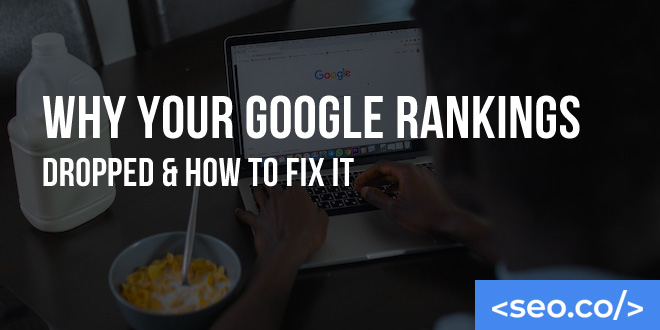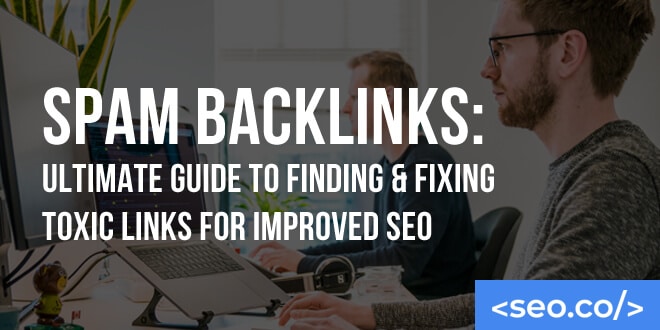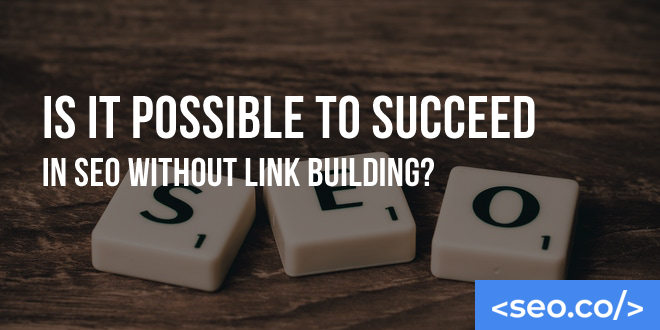
How to Tell if an SEO Agency Is Trustworthy [in 5 Steps]
The term “SEO agency” can’t tell you much. I’ve seen all kinds of operations refer to themselves this way, from one-man operations to firms with thousands of workers and contractors, and including both groups of talented professionals and glorified extortionists peddling false promises and bad strategies. With SEO, it’s not just your money at stake—it’s your reputation. Going with the wrong agency won’t just waste your money; it could potentially harm your domain authority in the long-term, sabotaging your visibility and status for months and years to come. The good SEO agencies out there can do amazing things for you, building your reputation, changing with the times, and keeping your audience loyal and interested, all at a fraction of what it would cost to hire someone full time. But how can you know if your prospective SEO agency is worthy of your trust (and your money)? Use this five-step process to tell for sure. Search For Them Online, Read Reviews No matter where you heard about the agency in question, run a few quick searches for them—not just for their brand name, but also for their line of work and geographic location. This will tell you two important details. The first is the self-service capacity of the agency. Most traditional and white label SEO agencies take care of their own needs first, maximizing their own visibility before trying to use the same tactics for their clients. If you can’t find their site or an info page with a simple search, it could be a bad sign. If an SEO agency claims to be the best, their own online presence should reflect that. Do a quick check: Do they rank for relevant industry keywords in Google? Is their site well-designed, fast, and mobile-friendly? Is their content thoughtful, well-written, and updated regularly? How’s their backlink profile? (You can use free tools like Ahrefs’ free backlink checker or Ubersuggest.) If they’re not applying strong SEO practices to their own site, what does that say about how they’ll handle yours? The way I always like to put it is: NEVER TRUST A SKINNY CHEF! This test is more than just an evaluation of skill, however. Run some brand name searches alongside your organic searches, and see what people are saying about the agency. If you run into a particularly bad agency, like a low-quality link builder, you’ll likely find plenty of complaints to confirm your suspicions. Look at Their Promises, Check for Ethical SEO Practices Head to their website and look at what they’re promising their clients. The goal here is to look for indications of unnatural sounding or too-good-to-be-true kinds of promises. There’s a big difference between promising “increased organic traffic in the first few months” and “a number one ranking guaranteed by the end of the week.” It’s impossible, even for the best and most experienced SEO providers, to concretely predict results within a specific timeframe or achieving a certain number. There are too many variables in play. SEO shortcuts may seem attractive in the short term, but black-hat techniques (like buying spammy links or cloaking content) can get your site penalized—or even deindexed—by Google. Ask the agency directly: What kind of link-building do you do? How do you approach on-page SEO? Do you follow Google’s webmaster guidelines? The answer you’re looking for includes white-hat practices like high-quality guest posting, content creation, technical site optimization, and clean code—not private blog networks, link farms, or keyword stuffing. Any agency promising “guaranteed rankings” or “fast results” without explaining how they’ll get there is likely cutting corners. Generally, the more outlandish the promise, the less likely the agency will be able to fulfill it. Or, if they can fulfill it, it’s probably through illegitimate means. For example, if an agency promises 100 new links to your site in a week, you can bet those links won’t be good for your site. Start a Conversation, Ask the Right Questions If your prospective SEO agency passes the first two steps, your next step should be to get in contact with a representative. Send an email or make a phone call, and prepare to make a number of judgments based on your experience. First, see how long it takes to get back to you. If you receive a response quickly or get in contact with a person immediately, take it as a good sign. Have a natural conversation about your needs and the SEO agency’s capabilities, and trust your instincts. Trustworthy agencies: Break down their approach step-by-step. Provide regular, transparent reporting. Offer a dedicated contact for questions and feedback. Aren’t afraid to say “we don’t know yet, but here’s how we’ll find out.” If you’re being left in the dark or feel like you’re constantly chasing updates, it’s time to move on. Bad signs to watch for are: long delays to get in contact with you, hasty pushes toward closing a sale, promising whatever you ask for, difficulty communicating, egregious spelling and grammatical errors, and frequent subject changes. Again, trust your gut here; are these people you want to deal with long-term? Scrutinize Their SEO Strategies In the conversation or shortly thereafter, find out what types of strategies they use. If they refuse to tell you, you know you’ve stumbled on a questionable agency. Listen for a combination of many different strategies, like onsite optimization, content creation and syndication, high-quality link building, social media marketing, and other peripheral services. If you hear anything about excessive manual link building, the use of a content farm, or anything else that sounds like it might be a scheme, abandon ship. Bad tactics aren’t just risky shortcuts—they’ll compromise the integrity of your entire strategy. Ask for References and Testimonials You never can be too careful. If your agency has passed steps one through four above, it’s almost certain that they’re a reputable, white hat organization and you can trust them with your domain. But sometimes it pays to do that one final check. Ask your agency contact for a handful of







